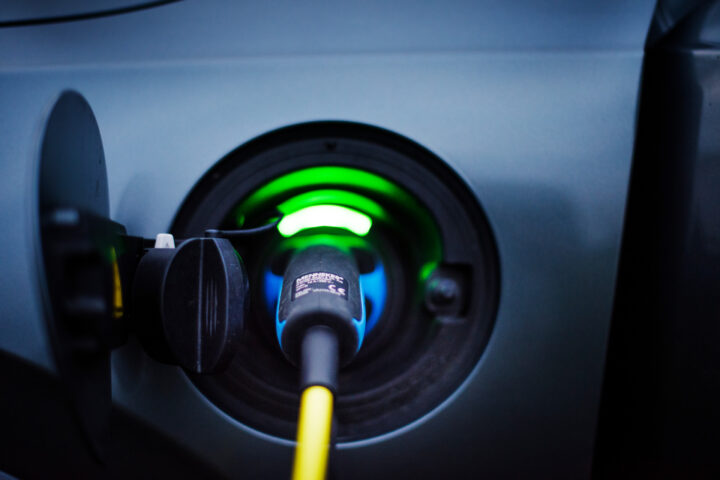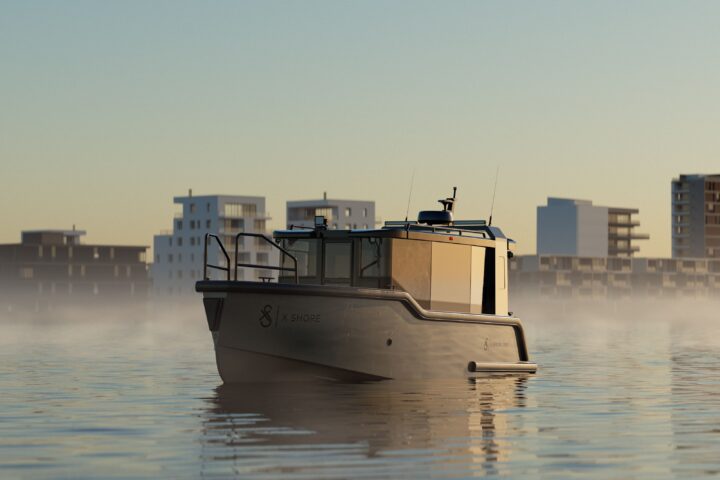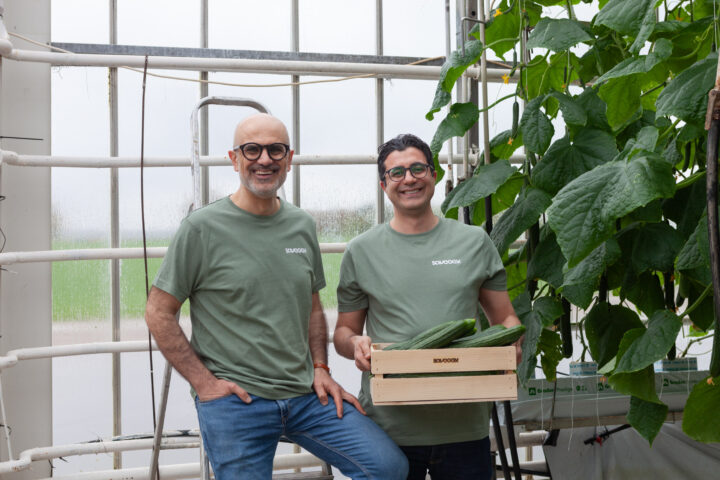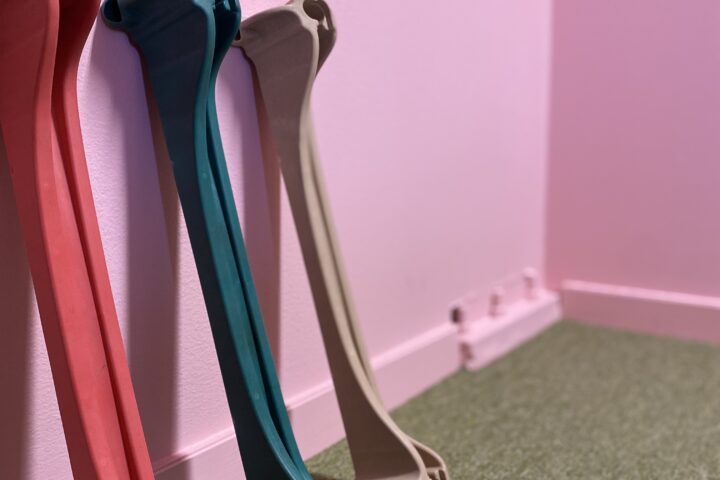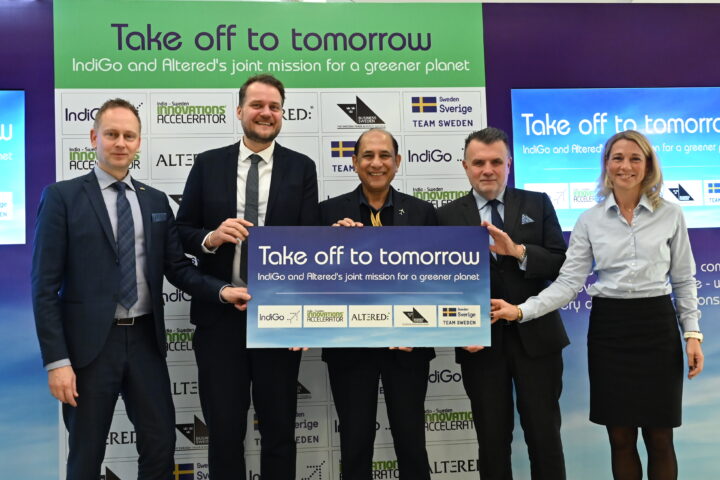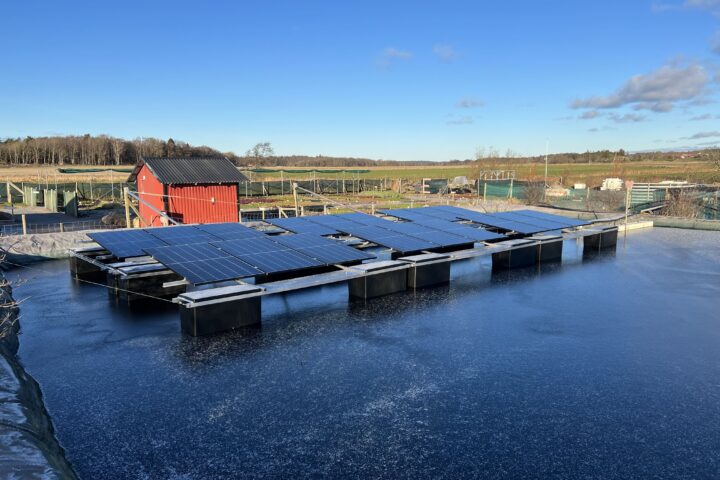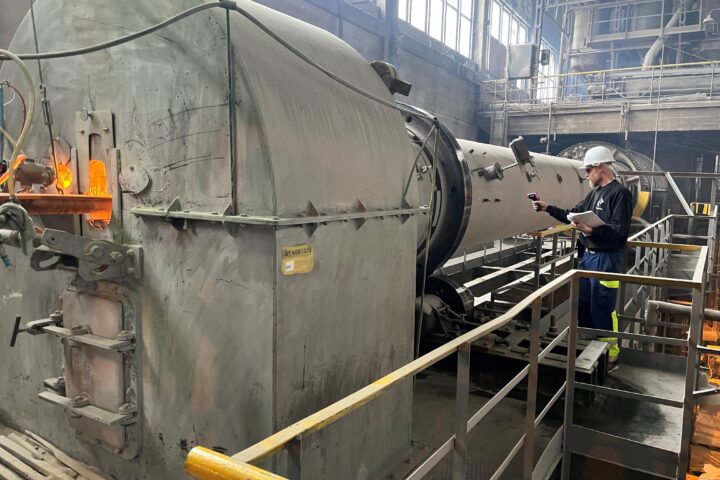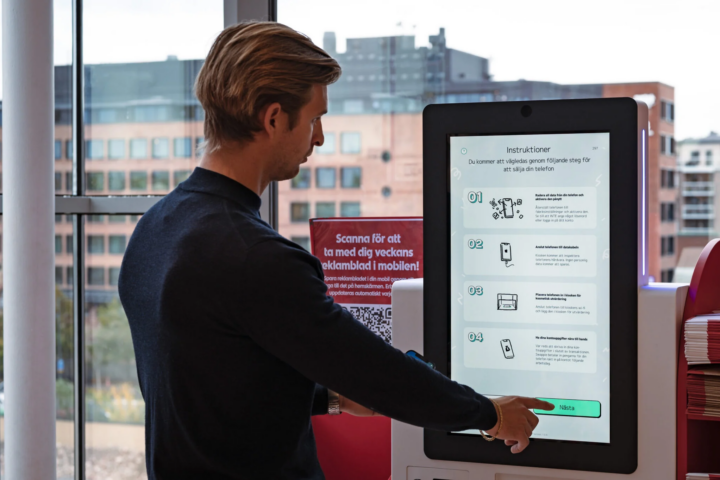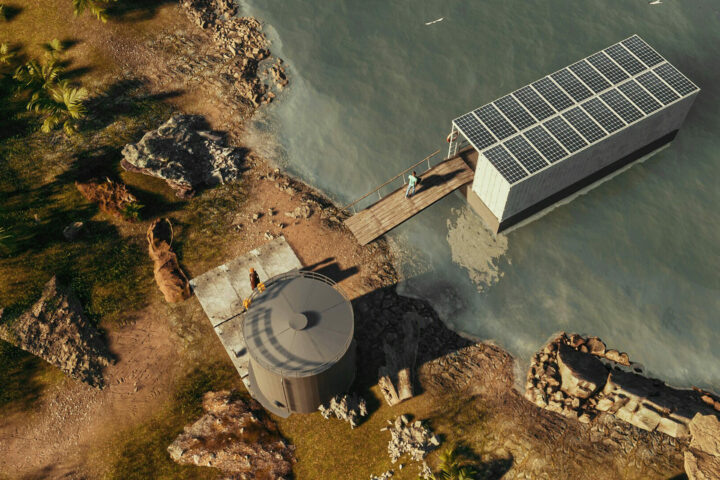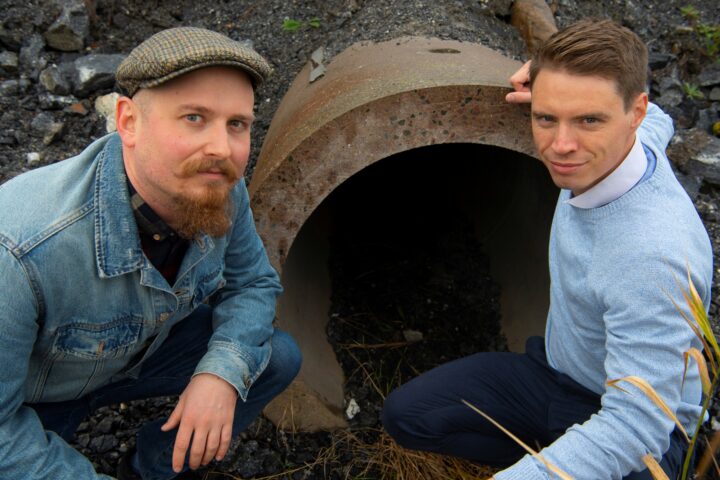Swedish Cleantech News - Page 3 of 15 - Swedish Cleantech
Resources and Environment
EU cleantech debt investment boom in Q1 2024
Cleantech for Europe recently released its quarterly briefing on the cleantech market in Europe. The report shows a boom in debt investments, where the most active countries based on deal count were Germany, Sweden, France, Spain, and the Netherlands.
Sustainable Transportation
X Shore secures €8.5 million in funding for electric boat innovation
X Shore, the company behind a generation of fully electric, silent and connected boats, announced fresh funding of €8.5 million. Several existing major shareholders participated in this round, including company founder Konrad Bergström.
Sustainable Materials
Saveggy raises €1.76M to replace the plastic on your cucumber with plant-based formula
Saveggy is the food-tech company that has created a plant-based edible coating for fruits and vegetables that can reduce the usage of plastics, and at the same time extend the shelf life. Now, the company has secured 1,76 million euros in investments.
Resources and Environment
FLOX Robotics – reducing wildlife accidents with AI
People and wildlife are increasingly coming into conflict over space and food. This influences biodiversity and can lead to big costs. FLOX Robotics is the tech company that envisions a world without fences and protective hunting. Instead, FLOX Robotics has created an AI-driven system to minimize disturbance to wildlife.
Sustainable Materials
Biofiber Tech – tackling the fossil plastic problem
The global plastic waste problem has probably not gone unnoticed by anyone. As the demand for sustainable and durable alternatives is increasing, so is the supply. Biofiber Tech is one of the companies that has emerged as an alternative to fossil plastics and offers a solution made from wood.
Water and Wastewater
Indian airline reduces emissions with the help of Swedish Altered
India's largest airline Indigo has signed a contract with the Swedish cleantech company Altered to install the company's frugal flushing faucets in its fleet.
Renewable Energy
Absolicon signs agreement on cooperation with energy company in Zimbabwe
Absolicon, the Swedish company providing solar heat for industry demand, recently signed an agreement with a Zimbabwean energy company for the production of concentrating solar collectors in Zimbabwe.
Renewable Energy
Floating solar modules save land and increase efficiency
About 80 percent of energy consumption worldwide comes from fossil sources, which is the source of health issues and environmental issues. The Swedish company Sunsurf Solar has created a solution that is more efficient than traditional solar parks and can help save water.
Sustainable Construction
Cemvision Announces Green Cement Breakthrough: Scales Up to Industrial Production
The Swedish company Cemvision announces that it has entered industrial-scale demo production of its green cement, which slashes CO2 emissions by more than 95% compared to traditional cement production. By doing so, the company takes the pole position in the race for carbon-neutralizing one of the world’s dirtiest industries.
Recycling and Waste
Recycling of phones with the help of AI
With the help of AI-powered deposit stations, more people will be encouraged to recycle and get paid for their old mobile phones in Swedish supermarkets.
Renewable Energy
Floating systems for cleaner energy
The availability of drinking water is a major problem in many parts of the world. According to a UN report published in 2021, more than a quarter (26 percent) of the world's population still did not have access to clean drinking water in 2020, something that threatens life and health but also drives urbanization and hinders economic development.
Water and Wastewater
Taking on the underground water challenge
Water pipes are something we rarely think about, but functioning drinking and wastewater systems are literally vital for people to live in urban areas. Meet the company that wants to help municipalities worldwide save time, energy and money.
